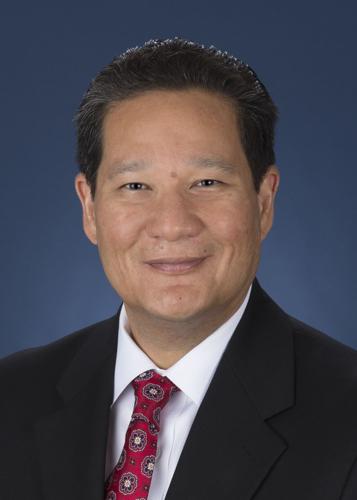Pima Community College has a new internal rule that bars employees from talking to reporters without clearance from the school’s marketing and communications department.
“Notify us immediately if you receive a media inquiry, and do not grant an interview or provide any information,” say media guidelines recently developed by PCC’s new public relations director.
Once notified, the PCC guidelines say, marketing and communications staff will choose who should reply and, if need be, coach that person “on the best way to respond so as to be open and helpful and to present the college in the best light.”
Libby Howell, PCC’s executive director for media, community and government relations, said the new rules are similar to those widely used in public relations and are intended to ensure reporters get “timely, accurate, relevant information.
“Often rank-and-file employees do not have all the information or context about a given subject,” Howell said in an email interview. As well, she said, “an employee outside of media relations might not understand the types of deadlines that media work under.”
Free press advocates say such measures impede the public’s right to know what occurs at tax-funded institutions.
“It’s really a form of censorship that prevents candid information from reaching the public,” said David Cuillier, head of the University of Arizona’s journalism school and a past president of the Society of Professional Journalists, which has nearly 10,000 members nationwide.
The UA does not have an overall policy banning employee contact with reporters. The university has, however, been known to order employees to keep quiet about sensitive matters, such as a recent case in which the UA awarded tenure to a professor who plagiarized a student.
Funneling media requests through the PR department is a tactic long-used in the corporate world, Cuillier said, and one that recently has become more common among government-funded agencies.
Many schools that adopt such restrictions are upfront about it.
In suburban Atlanta, for example, Georgia Perimeter College discloses its media policy on its website, effectively letting taxpayers know that information provided to news sources typically passes through its public relations department.
PCC has not publicized its media restrictions. The Arizona Daily Star obtained a copy of the new rules from a source.
Its new ban on reporter contact was distributed to all administrators by email about a month ago and posted internally for employees on the school’s intranet system, Howell said. The guidelines were reviewed by Chancellor Lee Lambert’s executive cabinet, she said.
PCC’s move comes as the college is under sanction and facing scrutiny from its accreditor to see if the school has fully rectified past problems in its administration and governance.
Many shortcomings the accreditor identified, such as poor morale, corrupt procurement practices and failure to investigate sexual harassment claims, first came to public attention through reporting in the Star.
PCC has spent the past two years on probation, and now is “on notice” — an accreditation sanction that means it has improved but remains at risk of problems. The college has until next year to prove that it fully meets accreditation standards.
Phoenix attorney Dan Barr, a media law expert and counsel to the First Amendment Coalition of Arizona, agrees with the UA’s Cuillier that restrictions are becoming more common in the public sector.
“Some public bodies want to keep tight control over who talks to the media and others are not as controlling,” he said.
“Talking to the media is not rocket science,” Barr said, “although many people in public relations would have you believe that it is.”







